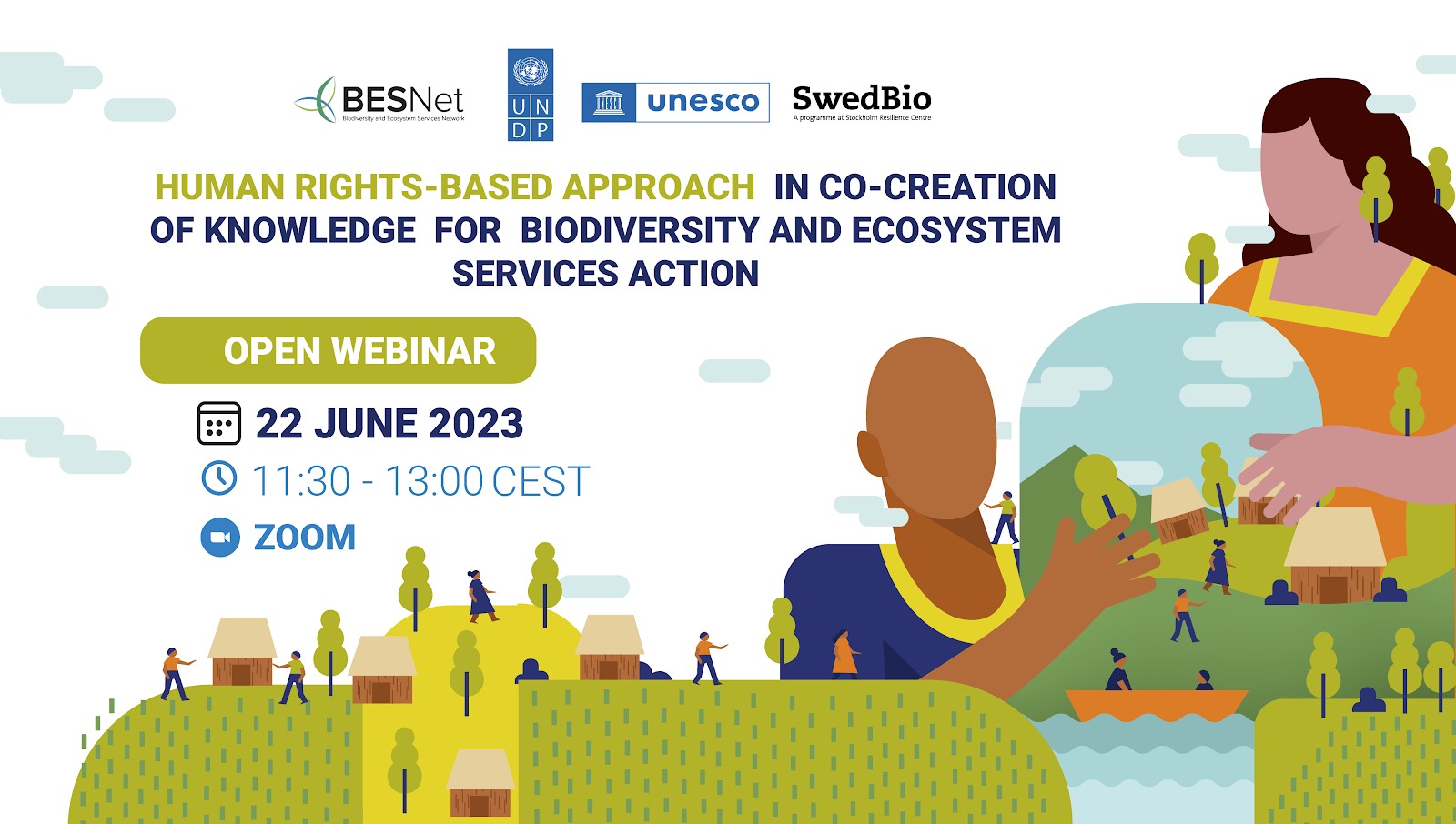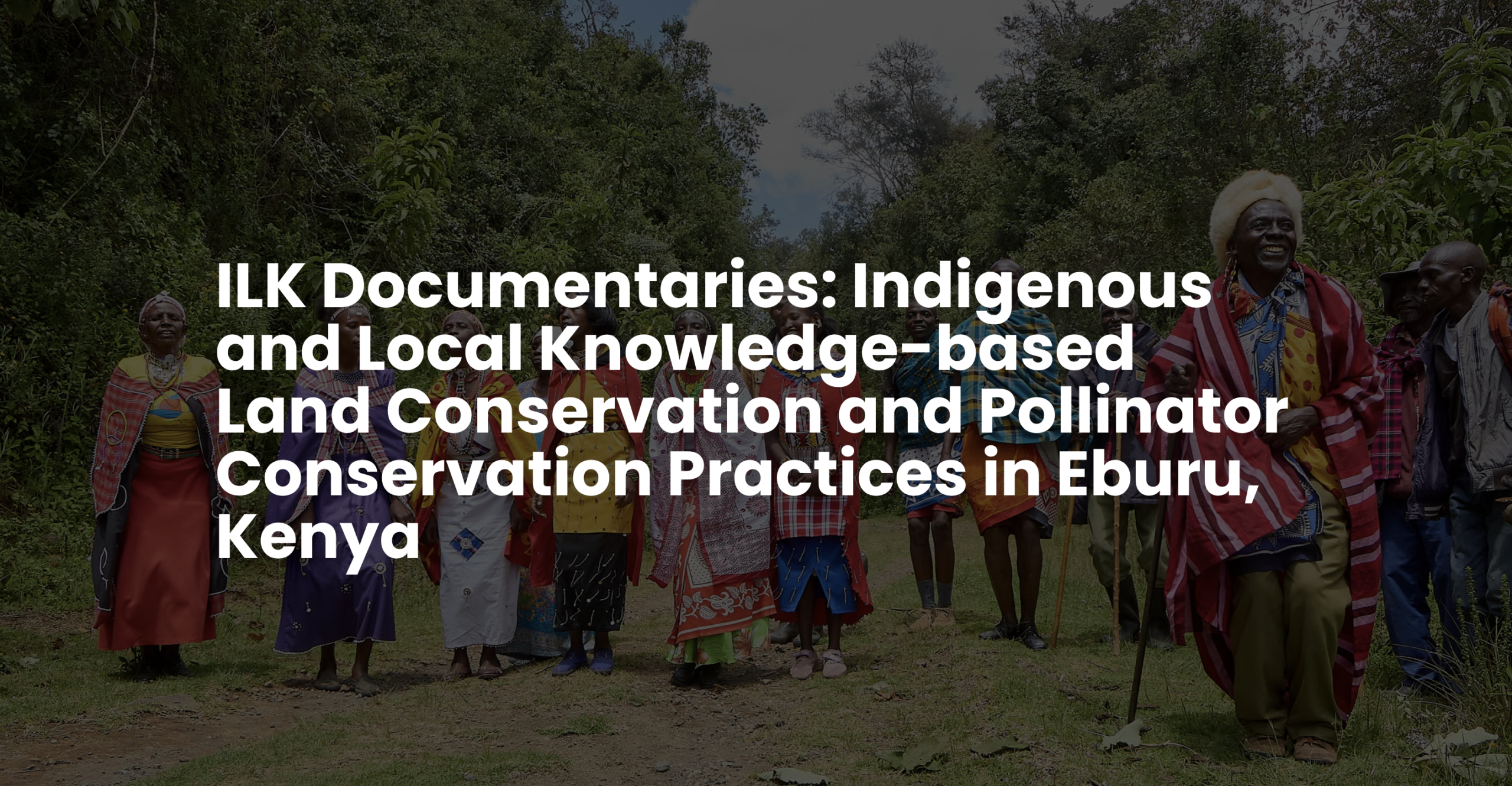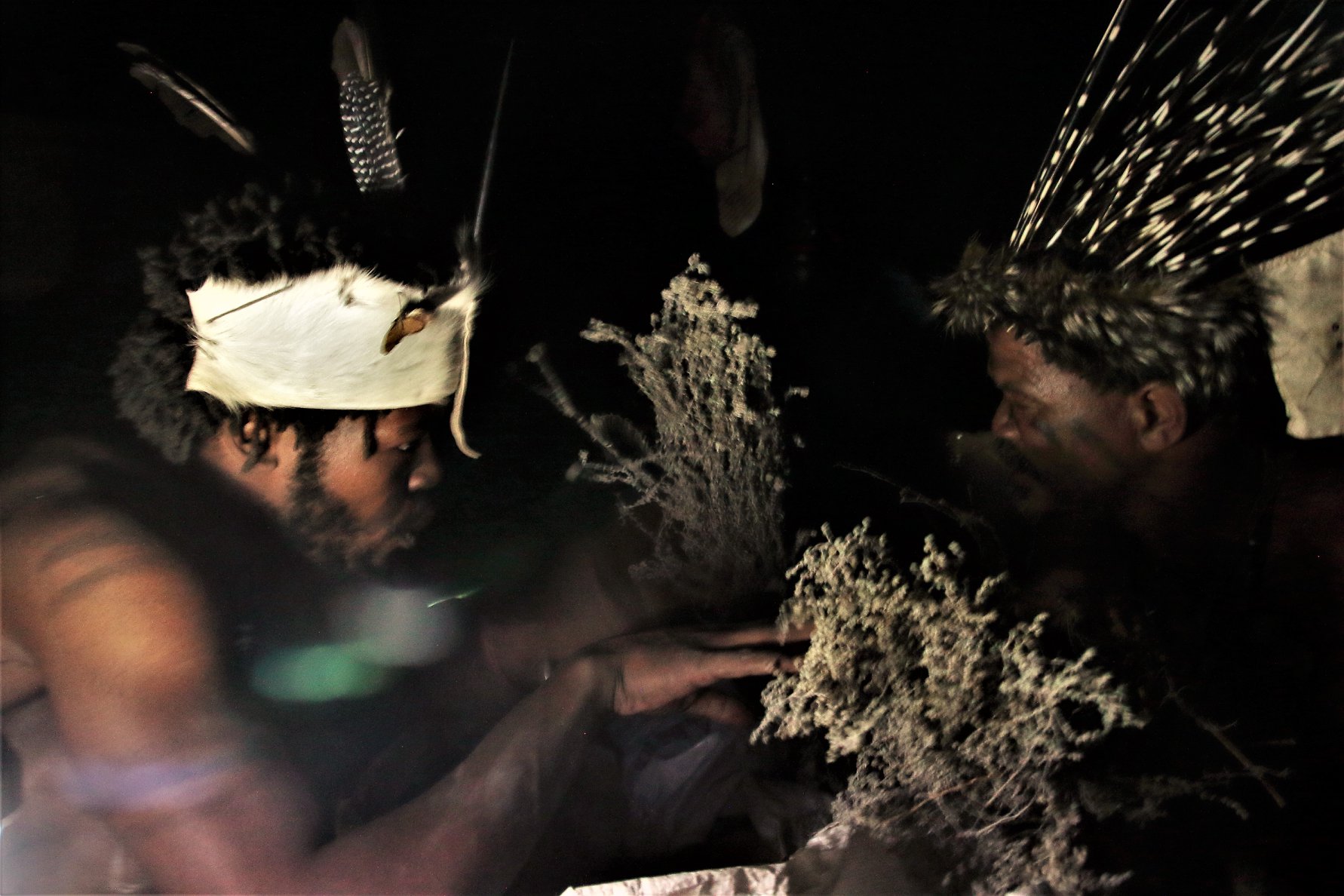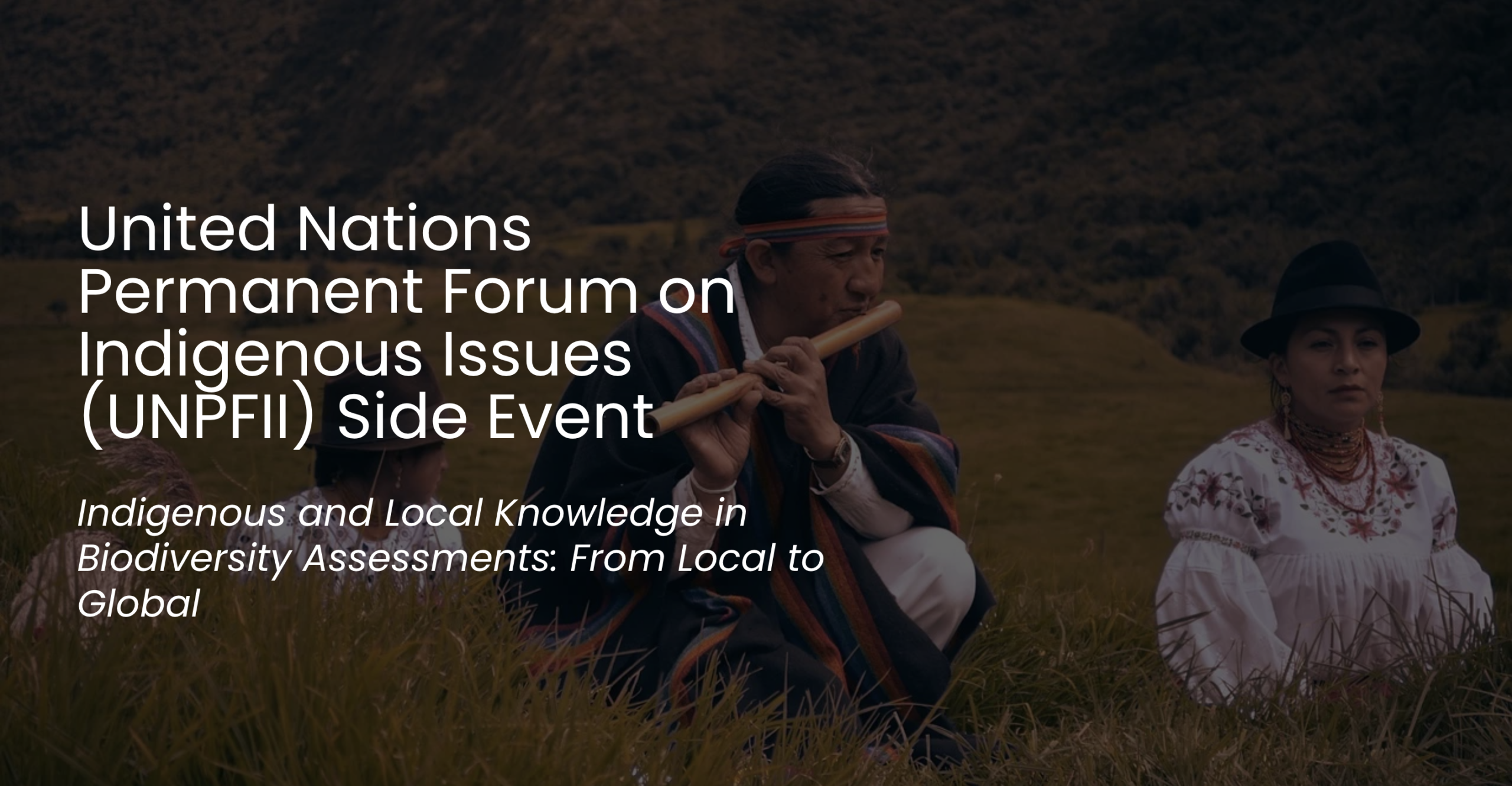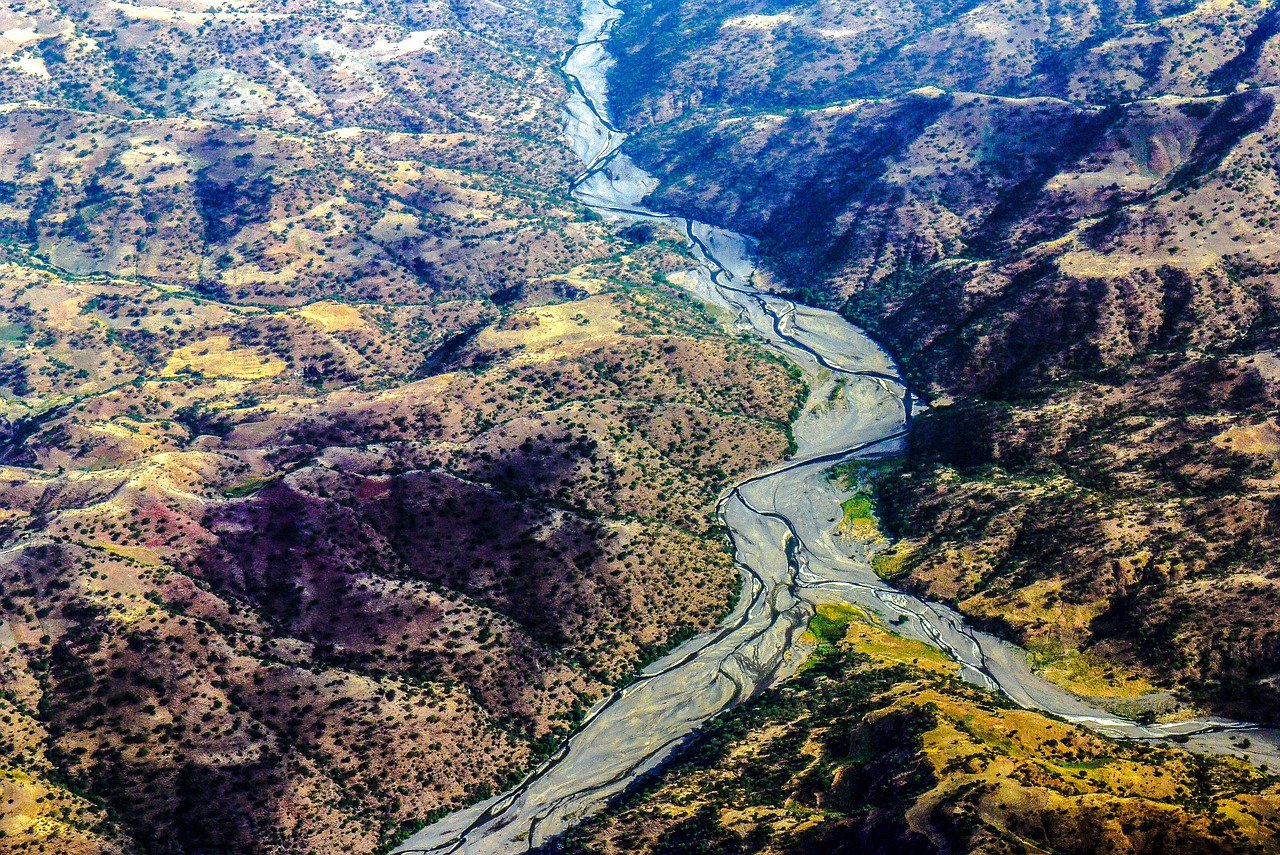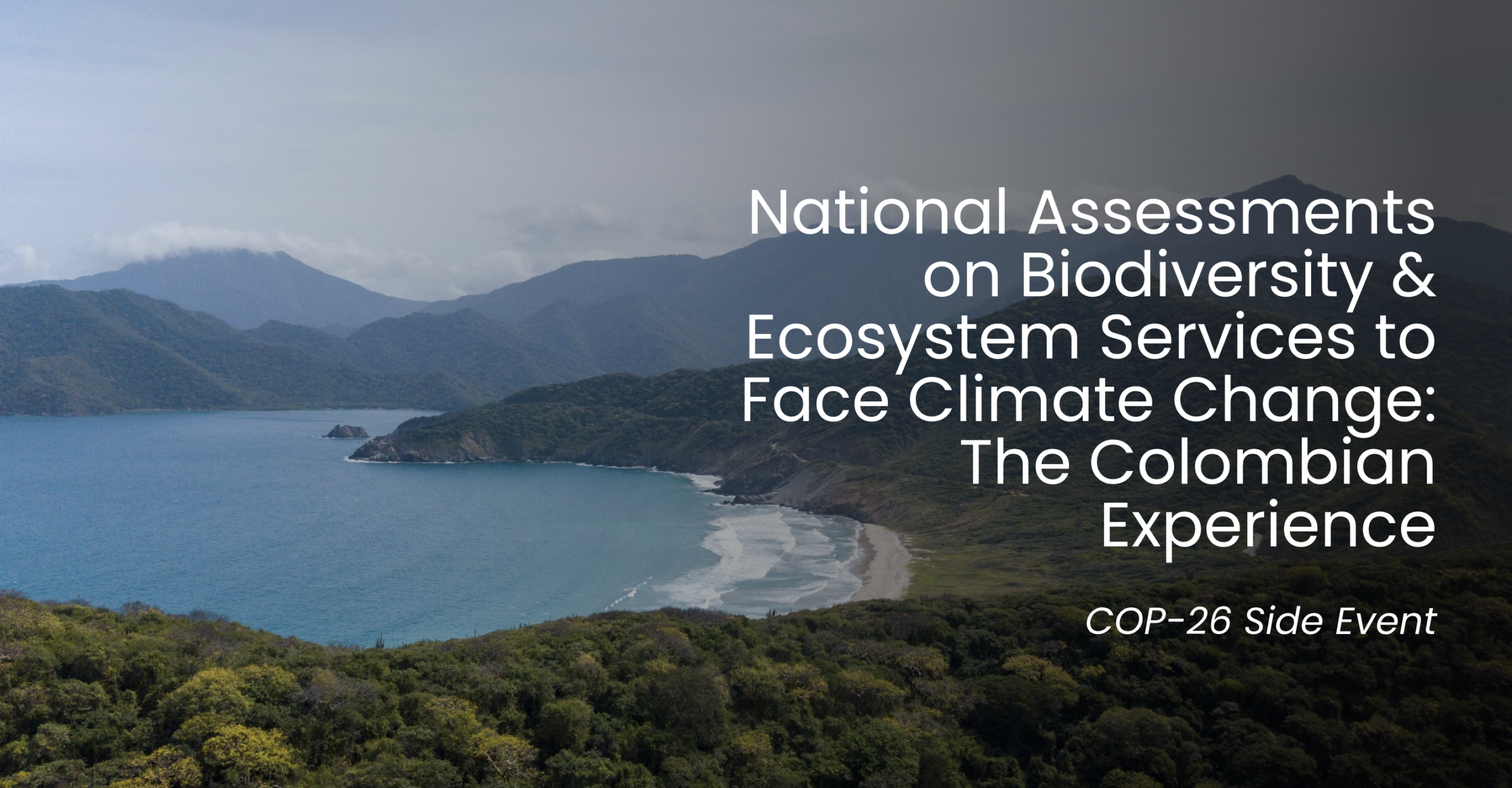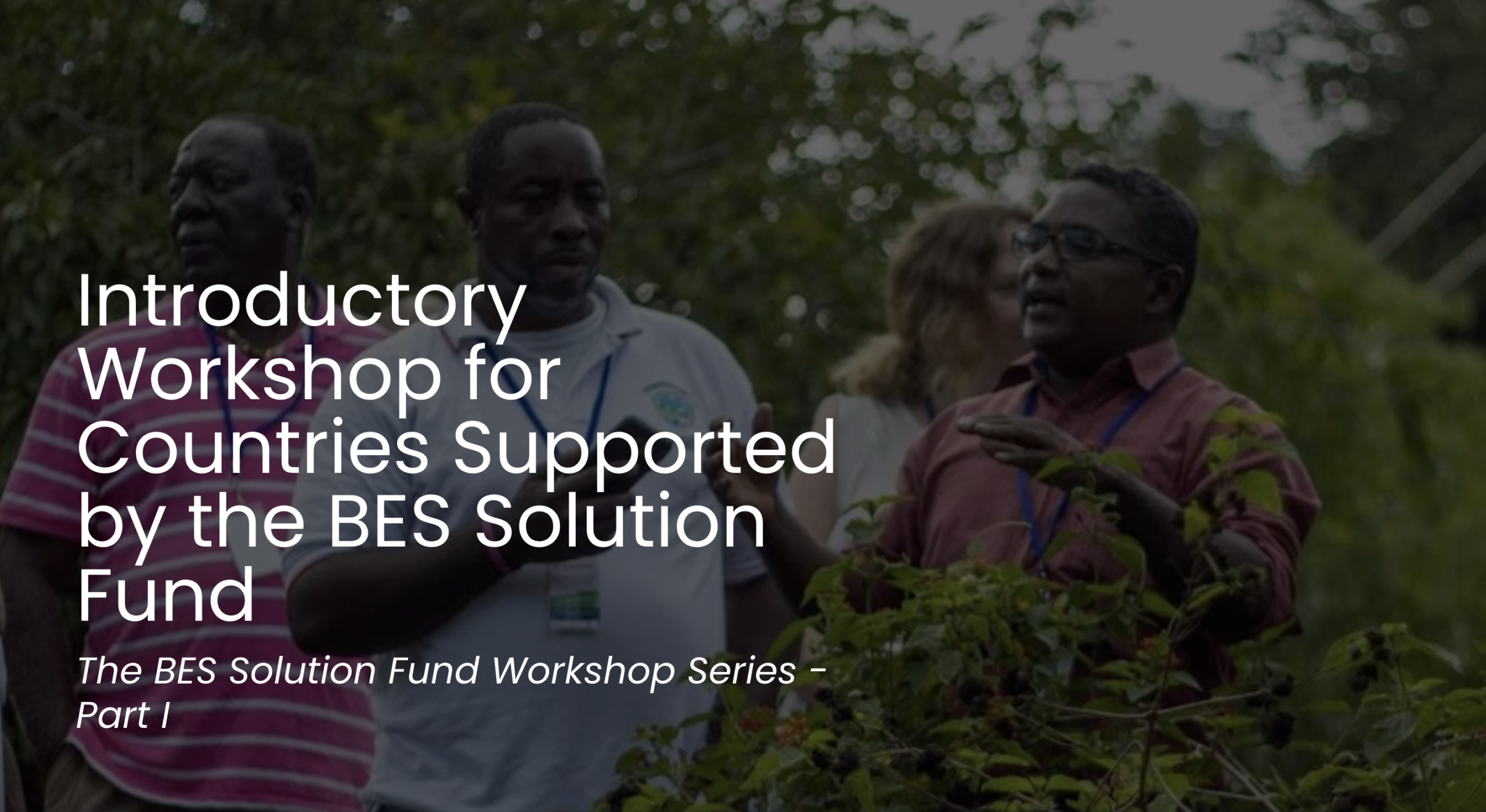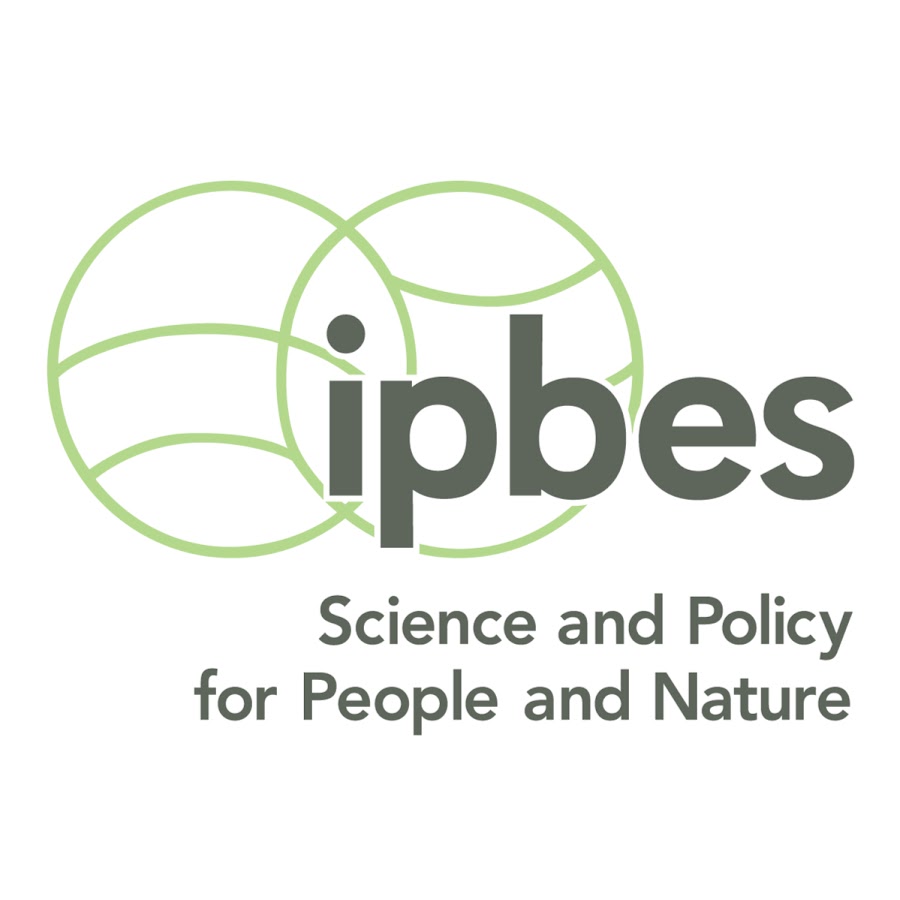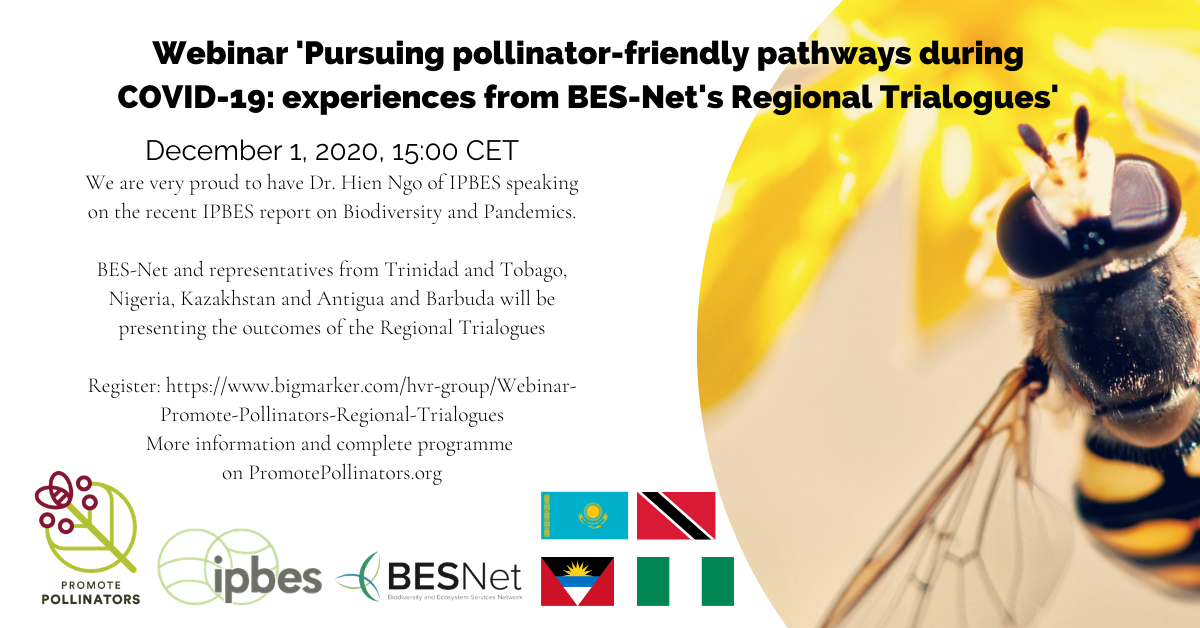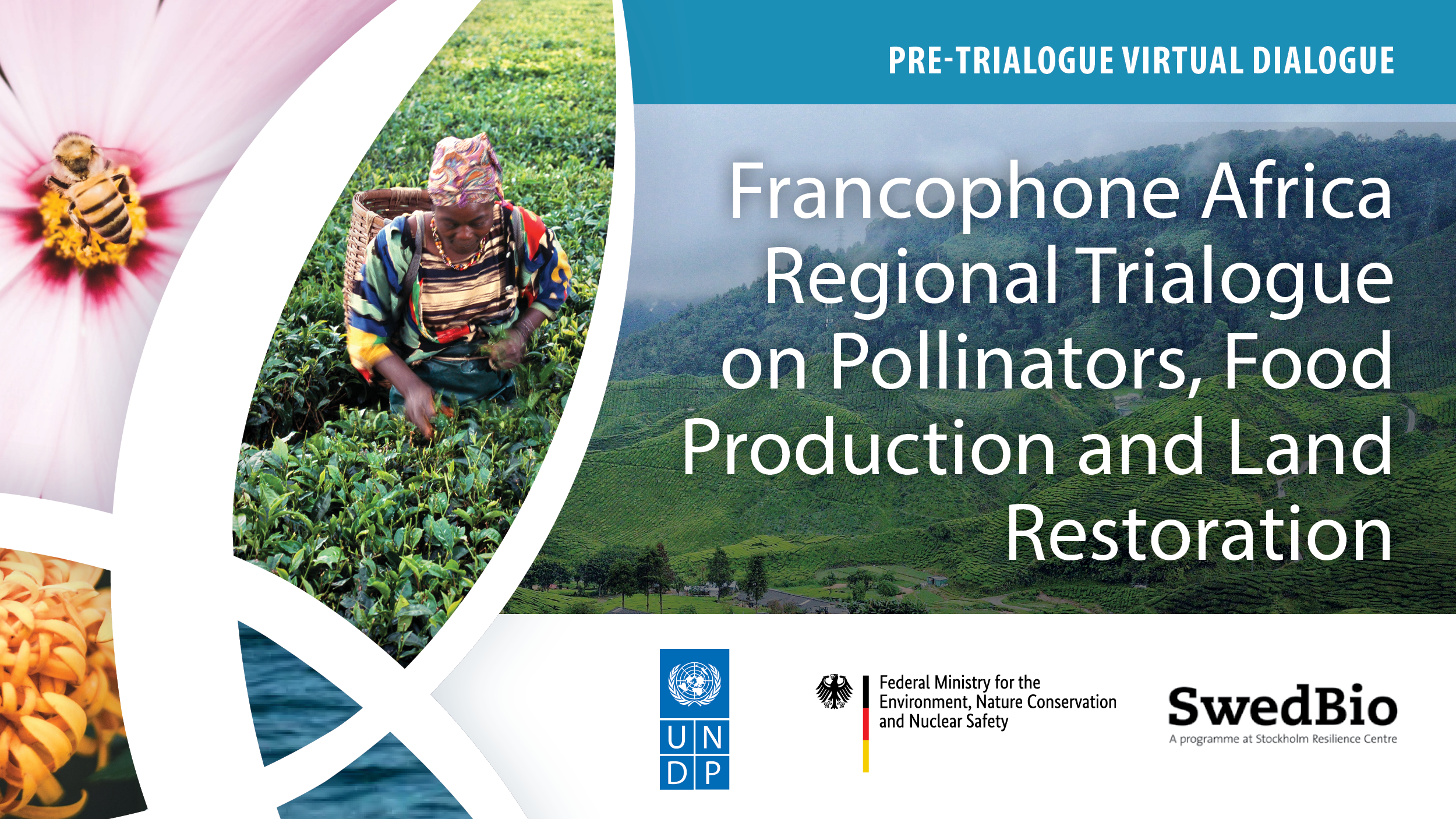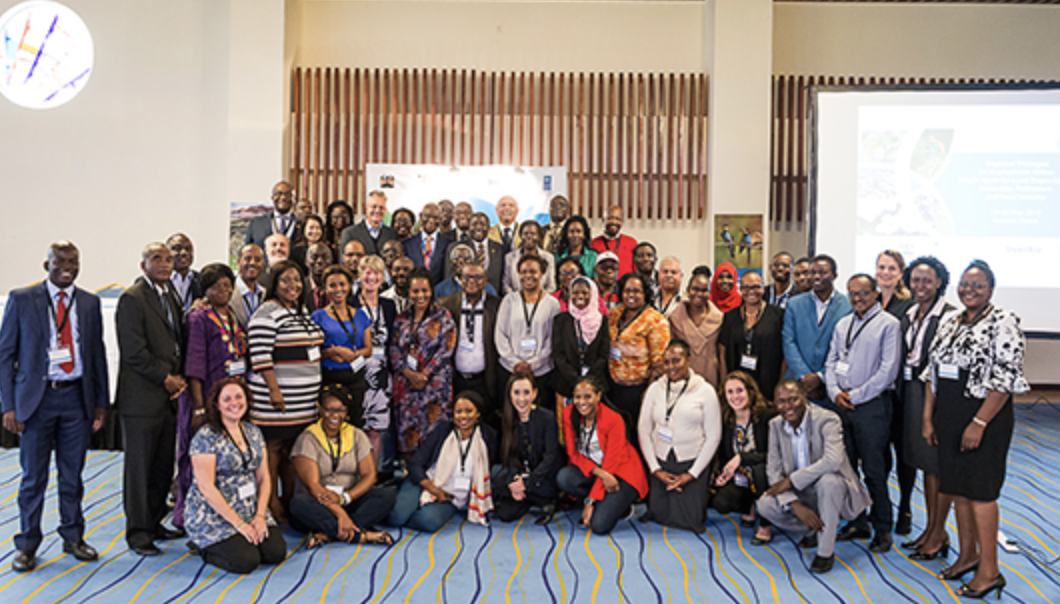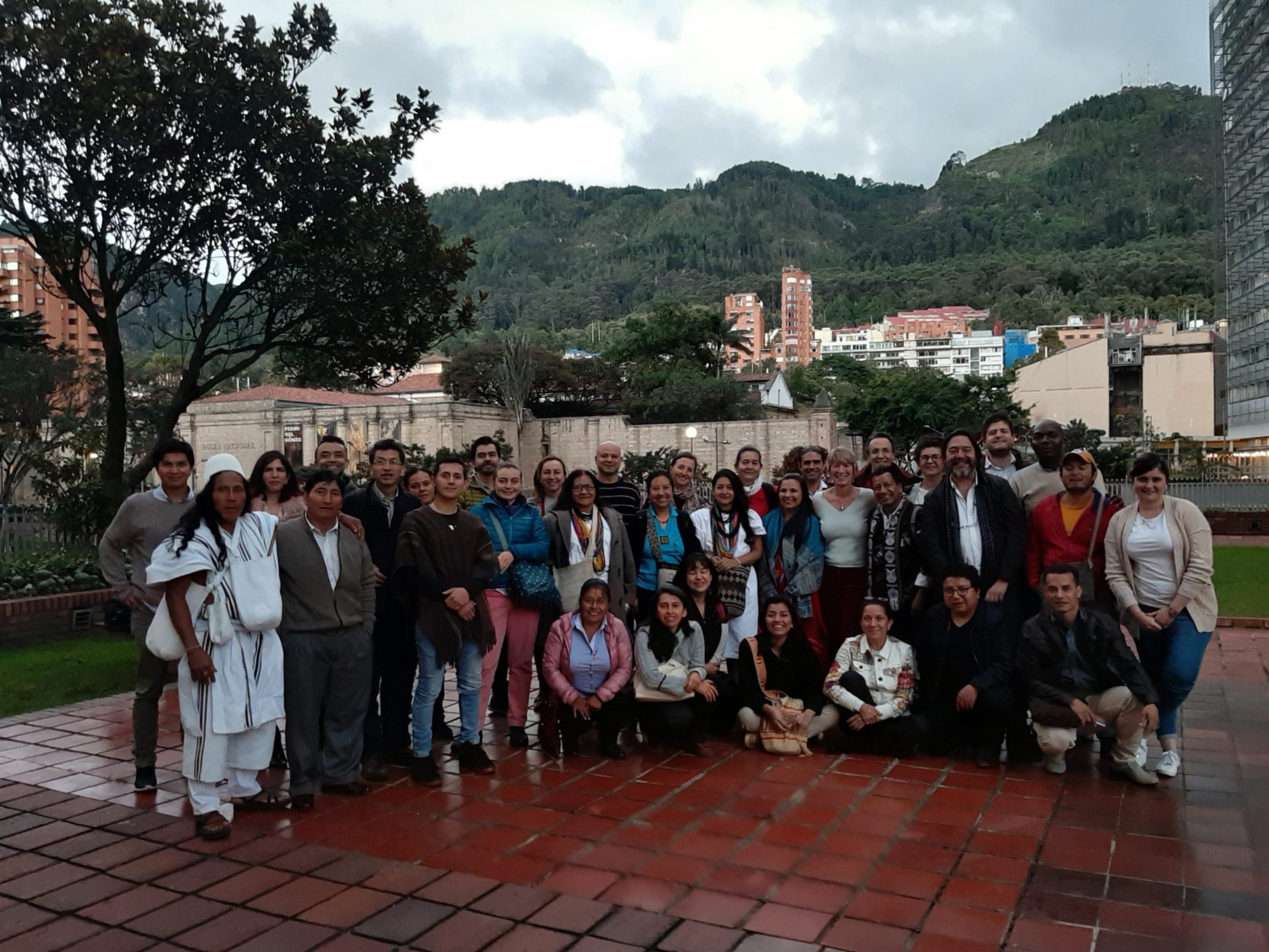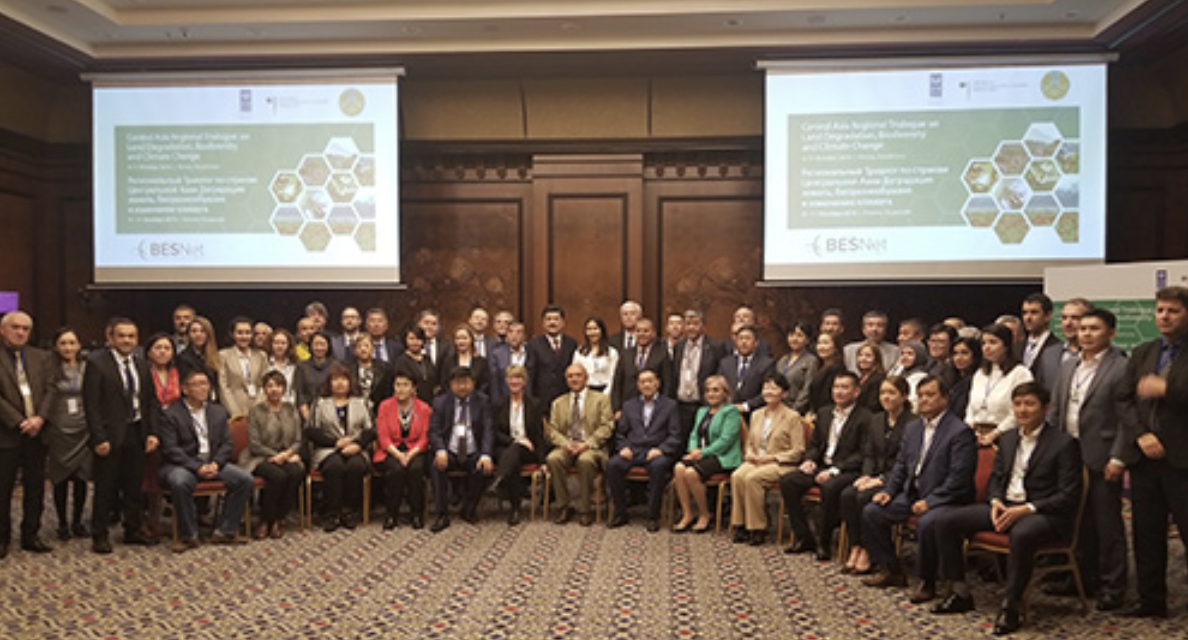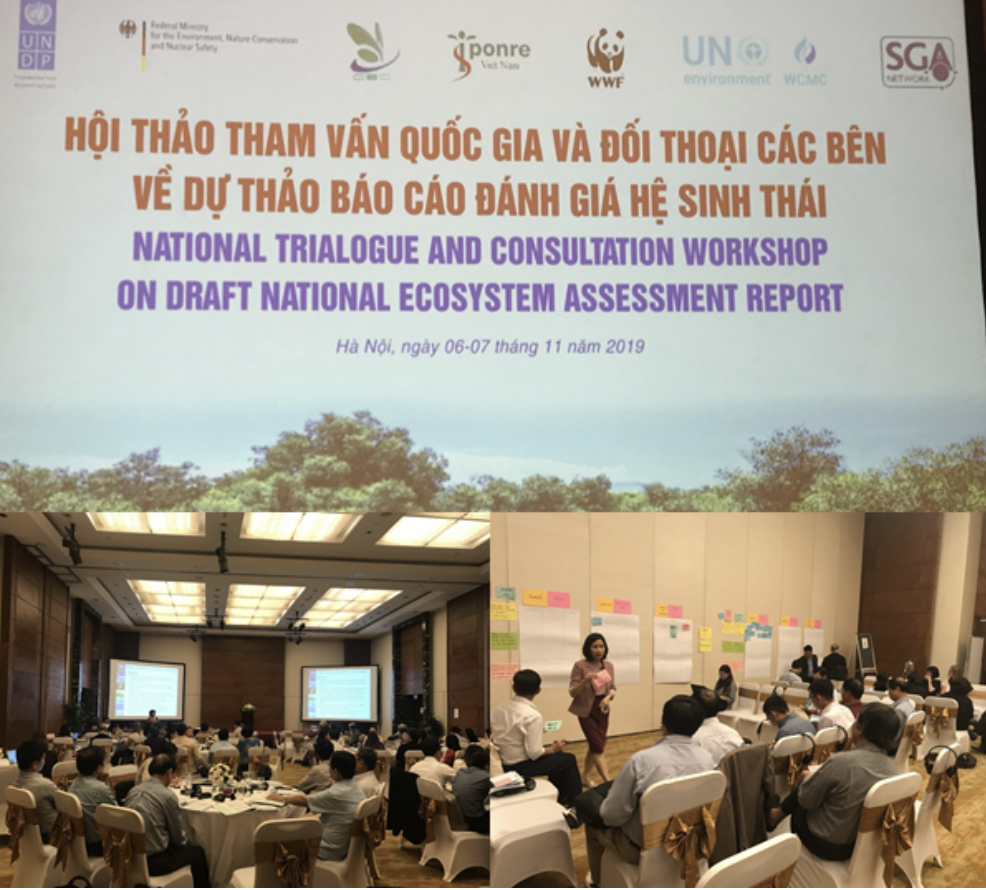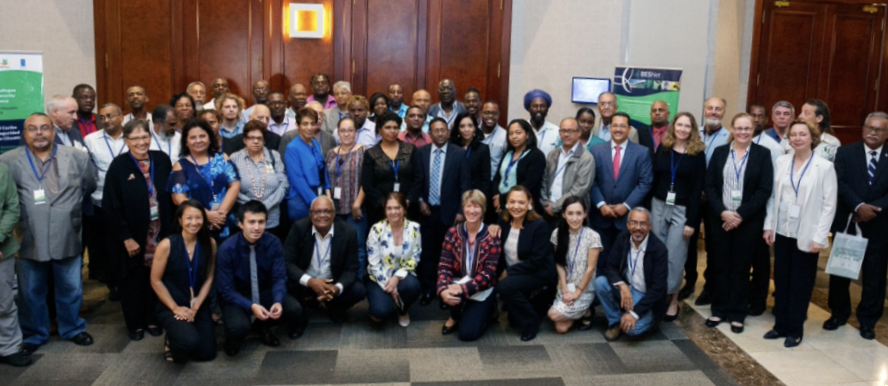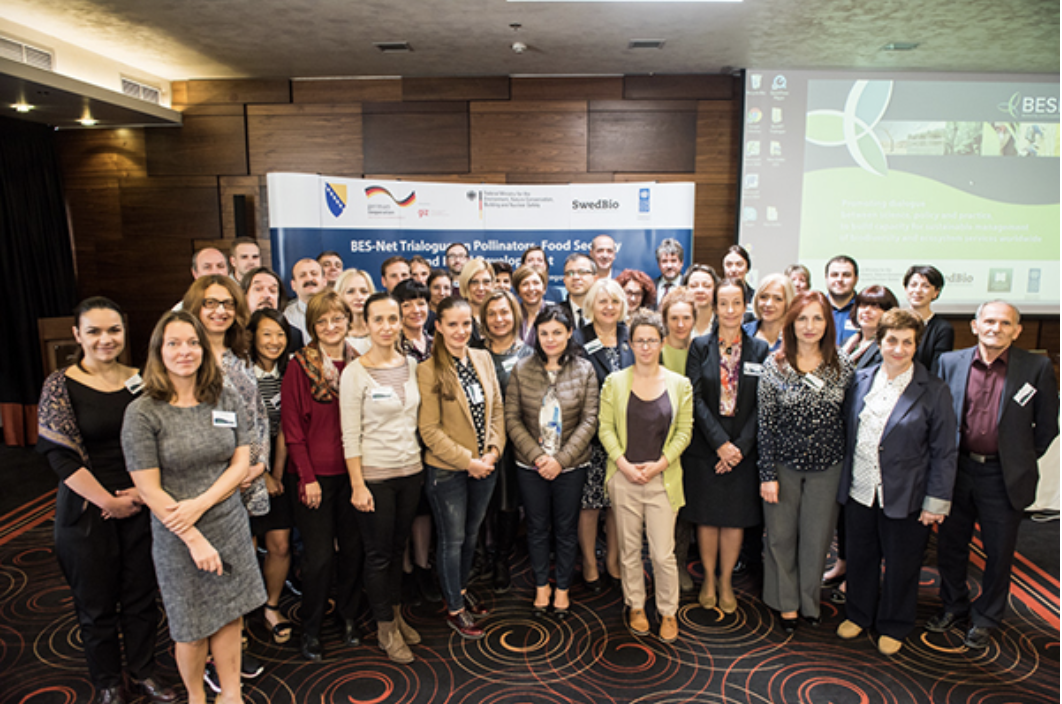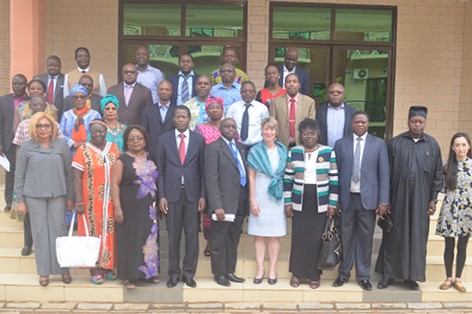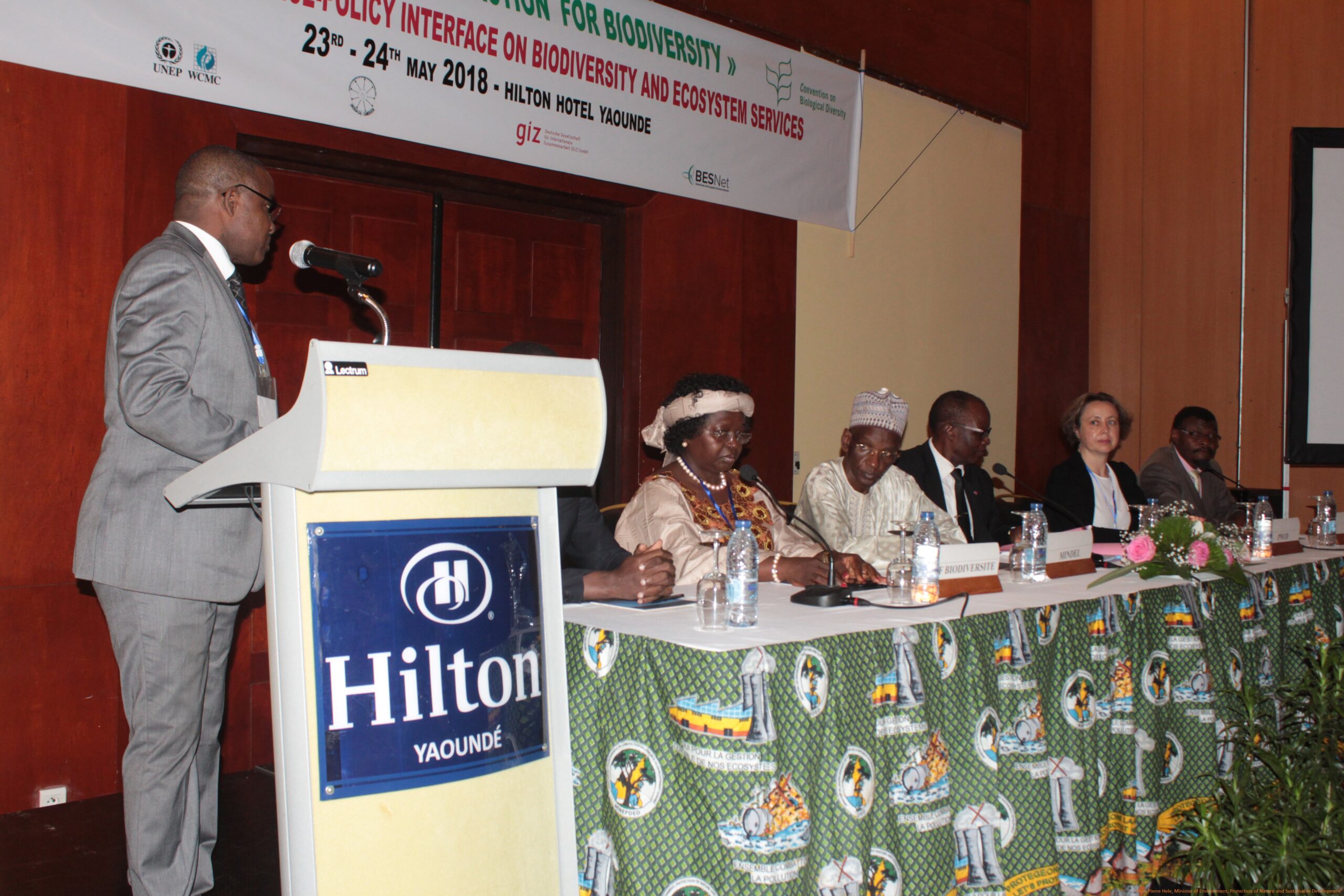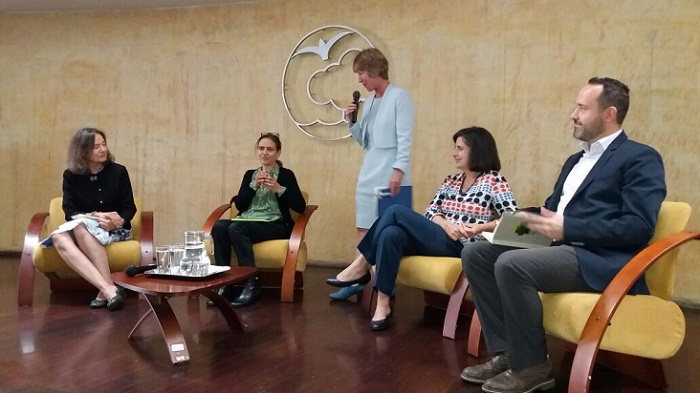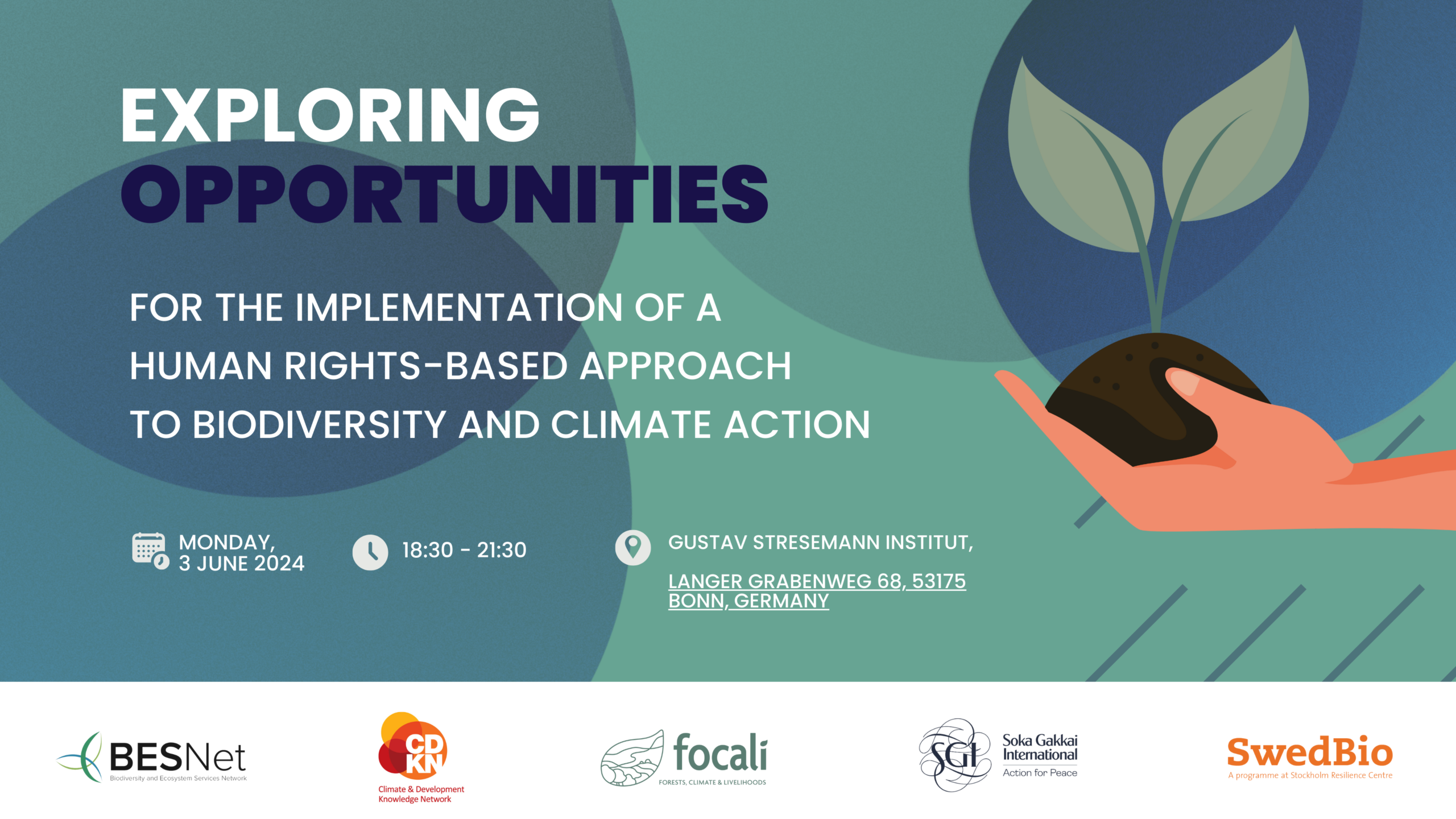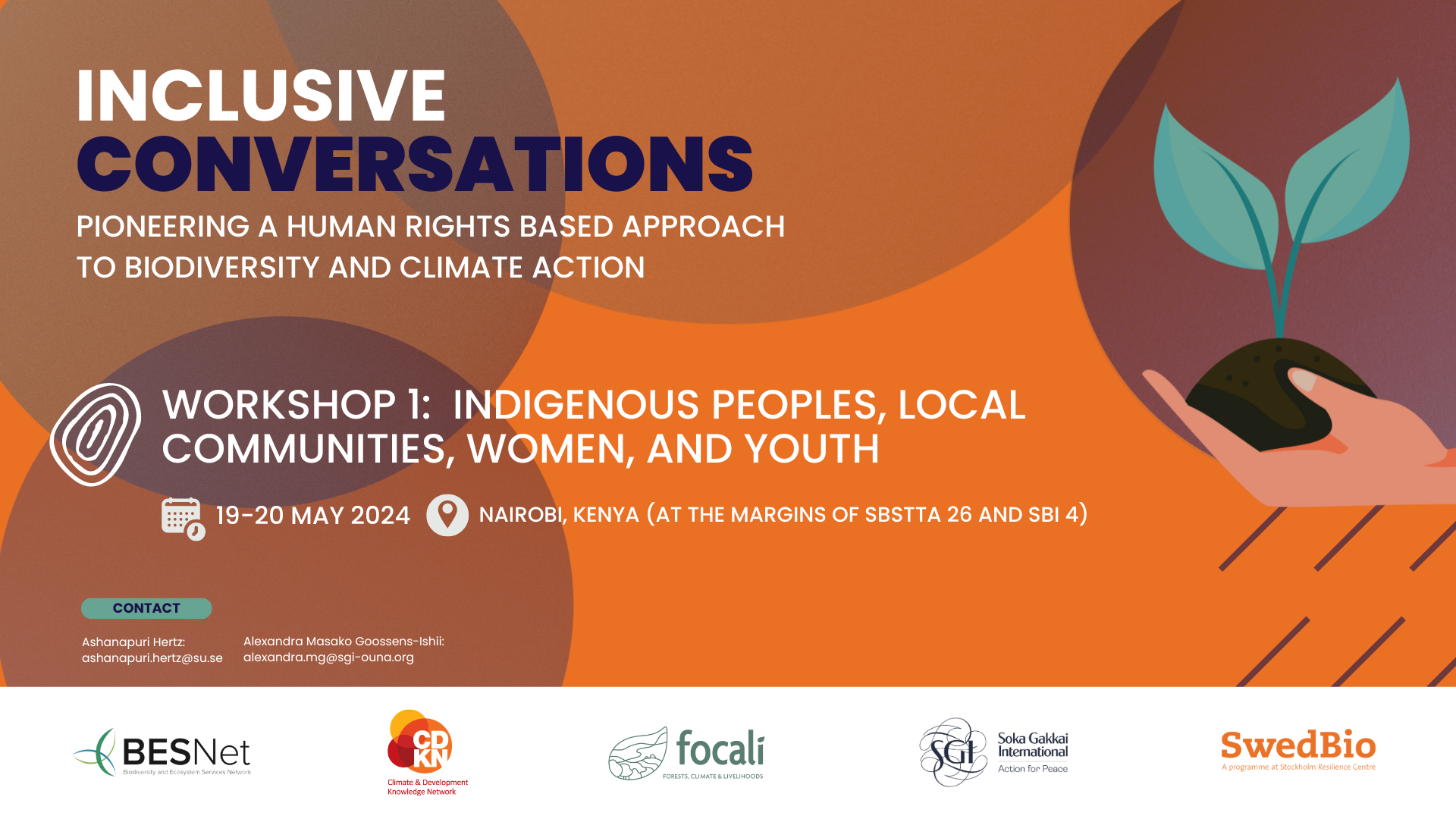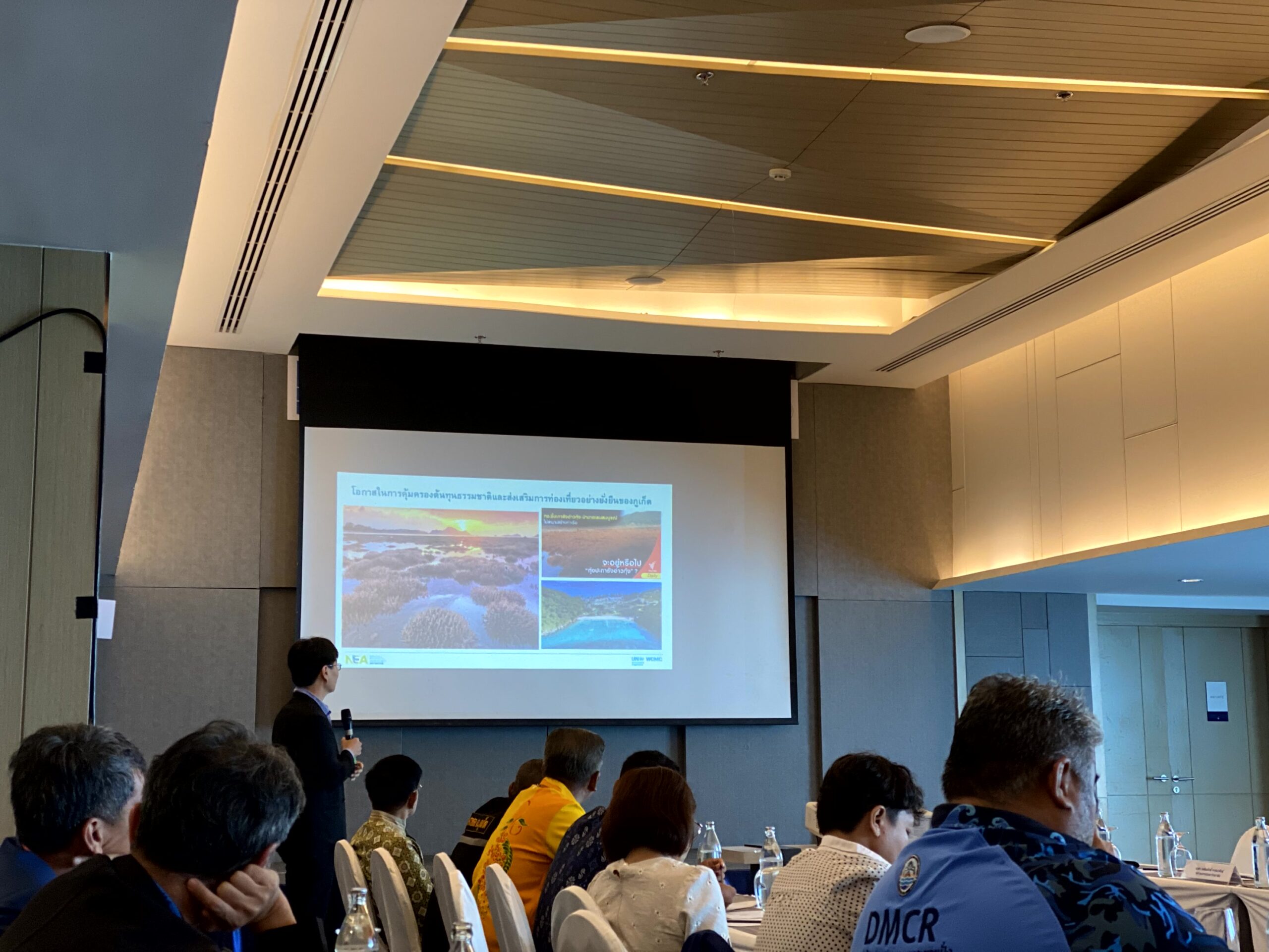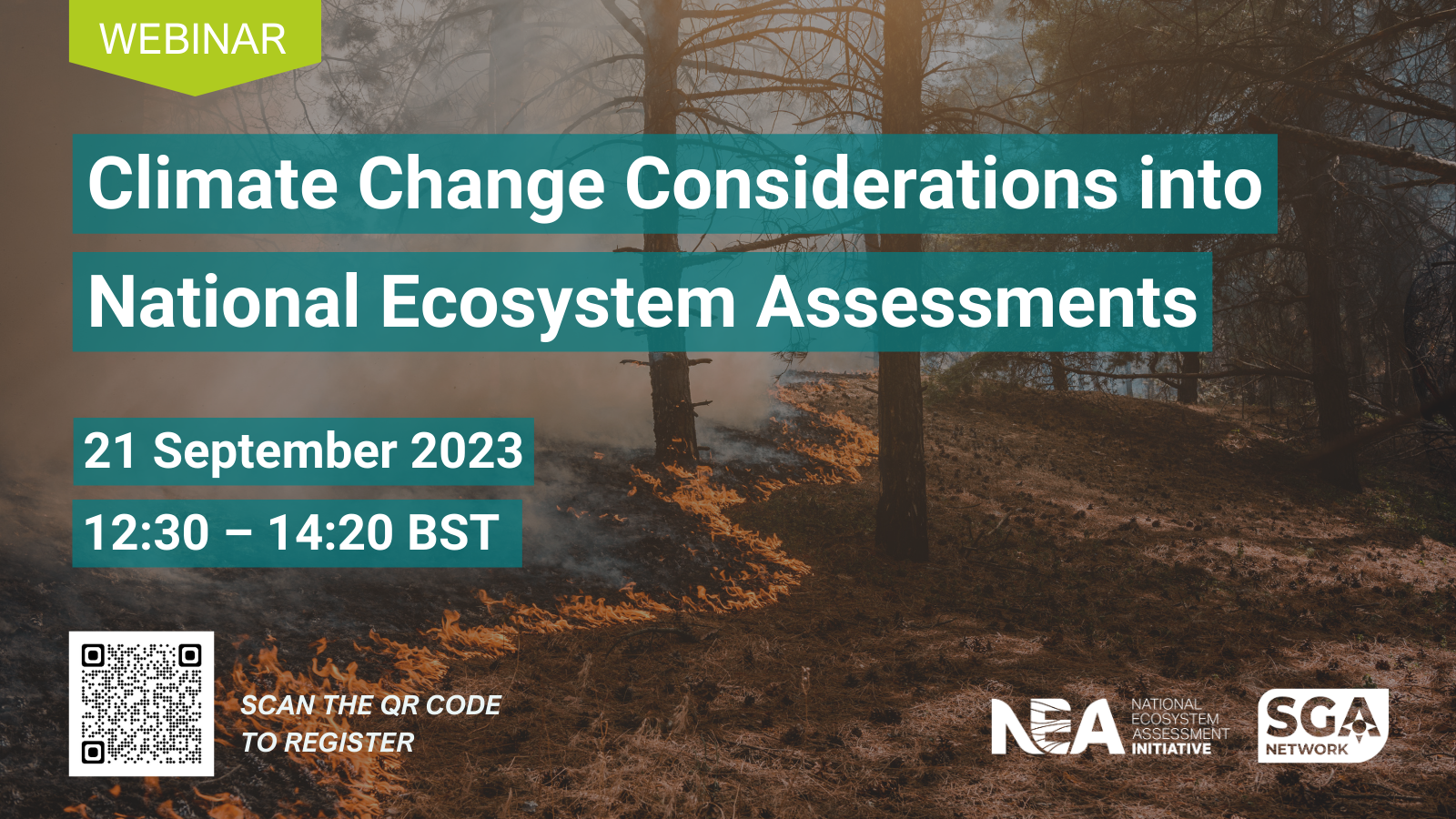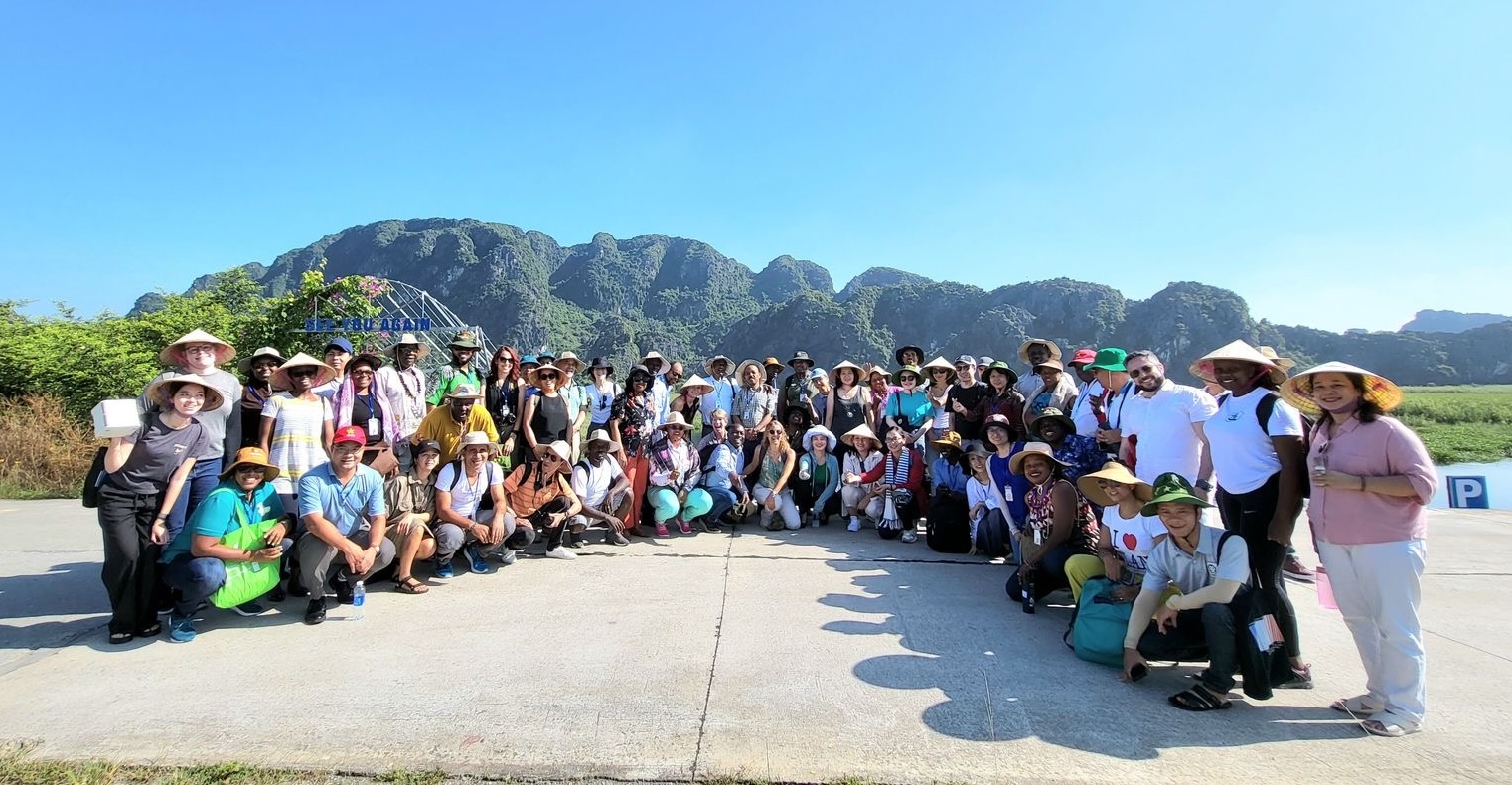Malawi National Trialogue 2023
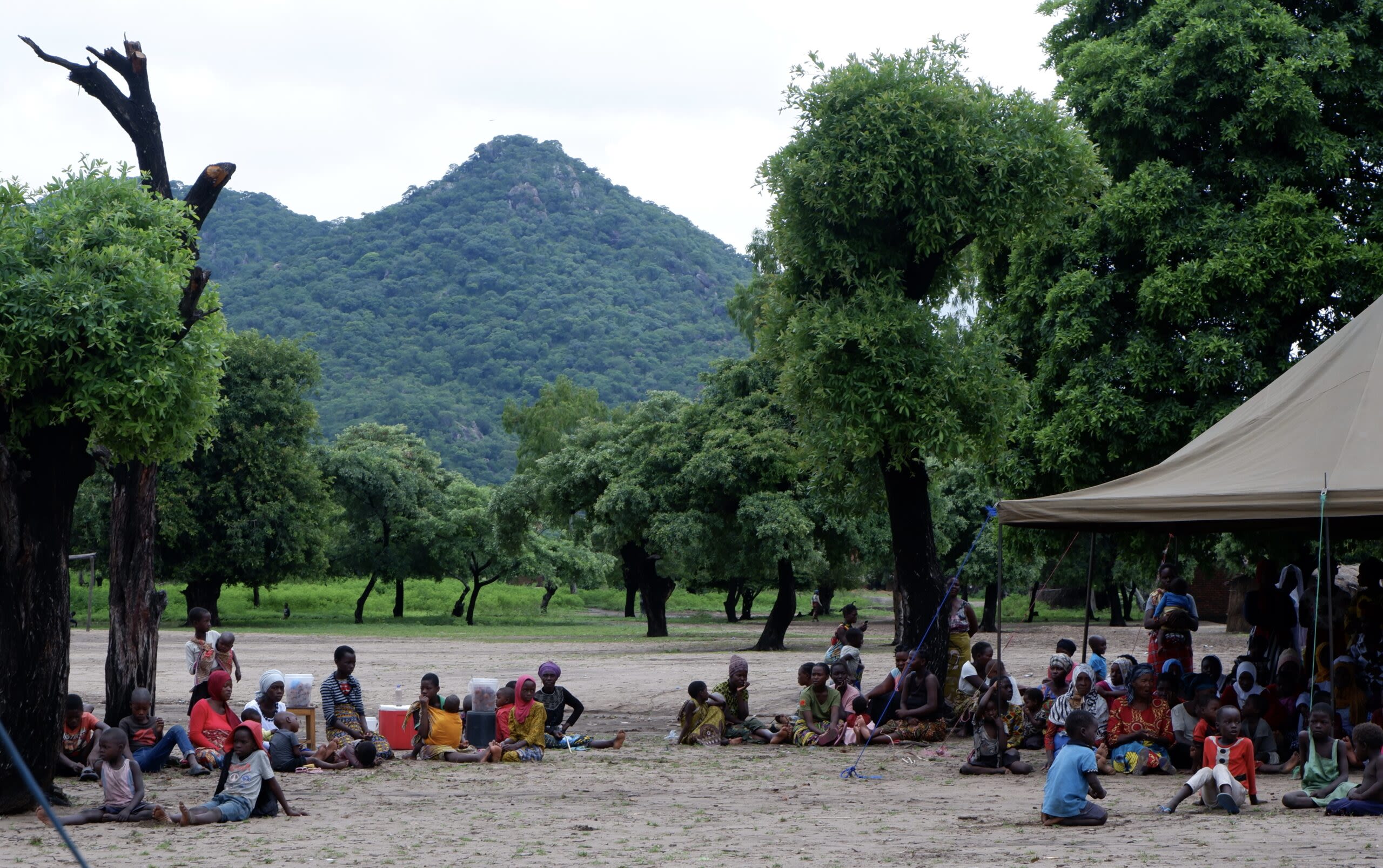
Malawi launched its national ecosystem assessment (NEA) in 2020 with UNEP–WCMC’s support. The launch aimed to create awareness of the NEA process and identify key focus areas with all relevant stakeholders’ full involvement. One of the key outcomes of the launch was the prioritization of ecosystems for assessment under the project, including aquatic, terrestrial and wetlands. With the help of different knowledge sources, the NEA process is now culminating in the scoping stage. Multidisciplinary knowledge co-production remains integral to the process to ensure no one is left out and to achieve the relevance of the process to national policies and multilateral agreements on biodiversity and ecosystems.
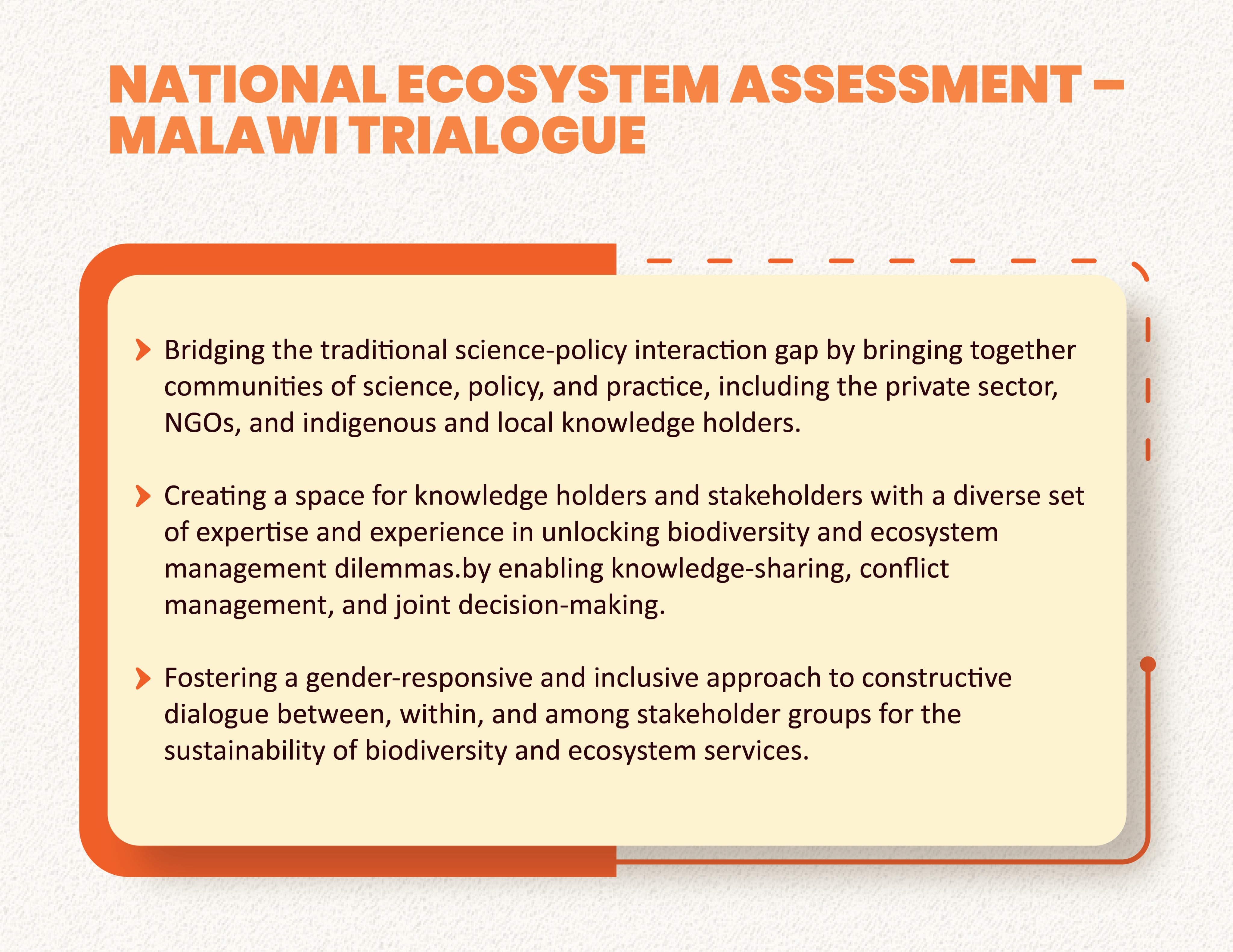
The Malawi NEA team hosted a Trialogue to realize effective co-production of multidisciplinary knowledge and bring together and enhance collaboration between multiple knowledge systems. Particularly, the team engaged stakeholders with different kinds of knowledge from different sources, including policymakers, researchers and practitioners, for a dialogue.
The Malawi NEA team hosted a Trialogue to realize effective co-production of multidisciplinary knowledge and bring together and enhance collaboration between multiple knowledge systems. Particularly, the team engaged stakeholders with different kinds of knowledge from different sources, including policymakers, researchers and practitioners, for a dialogue.

The Malawi Trialogue brought together academic scientists, policymakers and practitioners with Indigenous and local knowledge to jointly define, refine, review and validate key policy questions, assessing their relevance in the assessment. It is envisioned that the cooperation between different stakeholders with complex interests and power dynamics will bring effective decision-making for the sustainable use of biodiversity and ecosystem services. To achieve this, we need to have improved knowledge, information and data-sharing from multiple directions, including bottom-up and top-down systems. This Trialogue also encouraged the identification, analysis and development of approaches to address the patterns that can either hinder or provide opportunities for collaboration between stakeholders involved in the national ecosystem assessment.
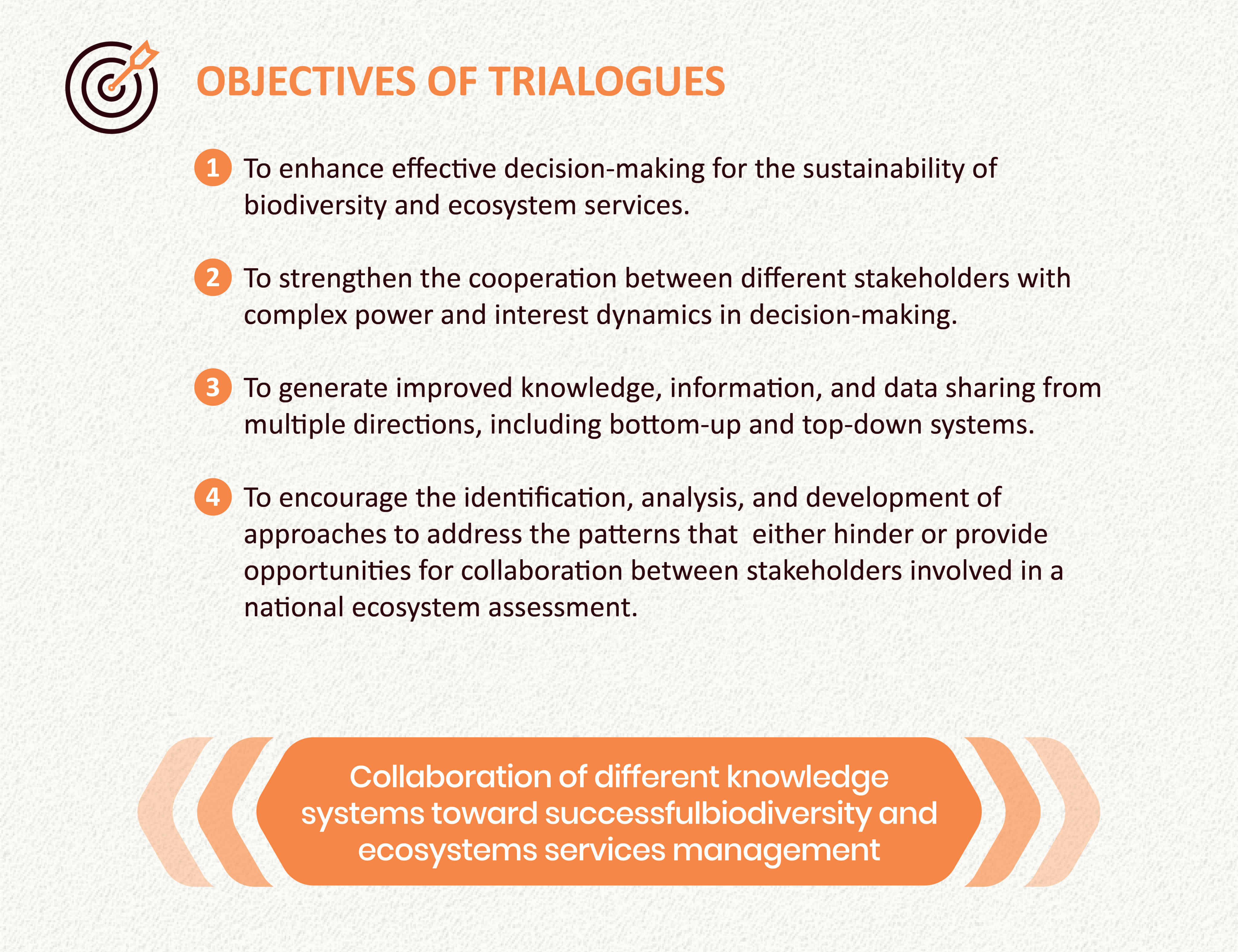
The national Trialogue for Malawi aimed to jointly:
Generate input to the scoping report and validate the proposal in the said report
Raise awareness and agree on how to access the existing information from various sectors based on the agreed policy questions
Review, refine and validate the adequacy of the policy questions based on the existing information and knowledge gaps
The national Trialogue for Malawi aimed to jointly:
Generate input to the scoping report and validate the proposal in the said report
Raise awareness and agree on how to access the existing information from various sectors based on the agreed policy questions
Review, refine and validate the adequacy of the policy questions based on the existing information and knowledge gaps
The Malawi National Trialogue devised a gender-responsive stakeholder analysis and engagement in its preparation stage. During the trialogue, participants shared the latest knowledge about the current situation, including the economic impact and drivers of biodiversity and ecosystem services loss in the country and how this affects biodiversity and ecosystem services for human well-being.
Additionally, participants exchanged, showcased and celebrated best practices existing in Malawi with proven evidence to enhance sustainable management of biodiversity and ecosystem services. Participants reviewed progress in the assessment and generated an action-oriented outcome document, stipulating a set of concrete actions and policy questions to be incorporated in the scoping report to guide the evaluation process.








